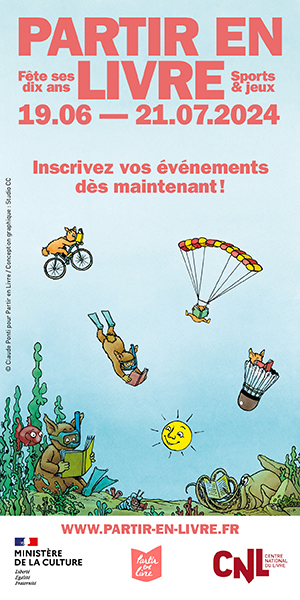National Federation of the Blind
Extraits
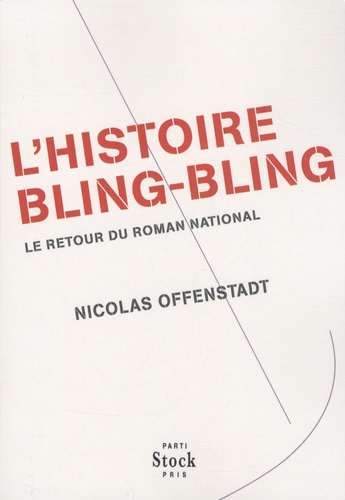
Histoire de France
L'histoire bling-bling. Le retour du roman national
09/2009
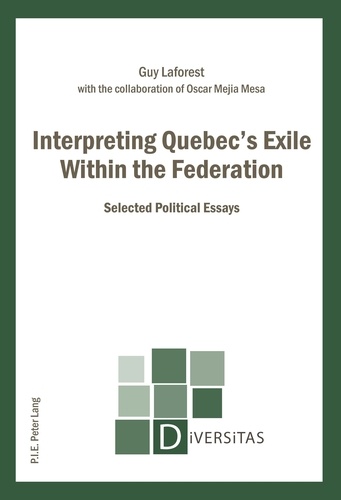
Philosophie
Interpreting Quebec’s Exile Within the Federation. Selected Political Essays
12/1986

Littérature érotique et sentim
Blind
03/2019

Rock
Blend the Horse! (livre + CD)
11/2022
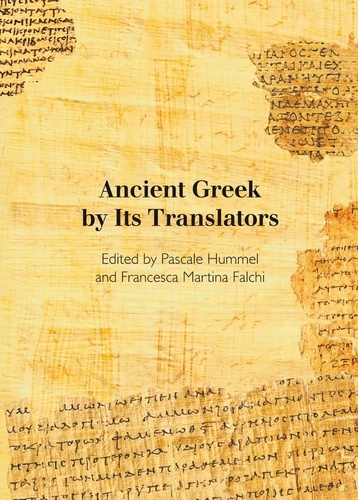
Critique littéraire
Ancient Greek by Its Translators
02/2022
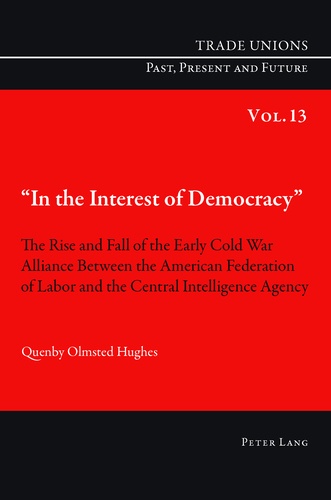
Non classé
«In the Interest of Democracy»
07/2011
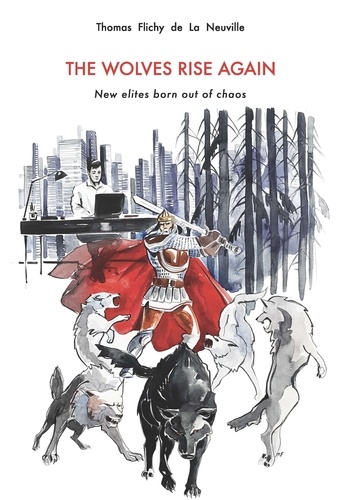
Ethnologie et anthropologie
The Wolves Rise Again. New elites born out of chaos
06/2022
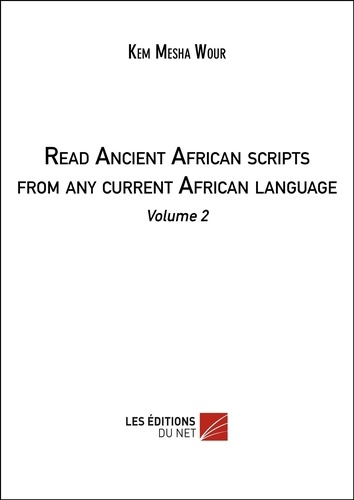
Non classé
Read Ancient African scripts from any current African language. Volume 2
05/2020
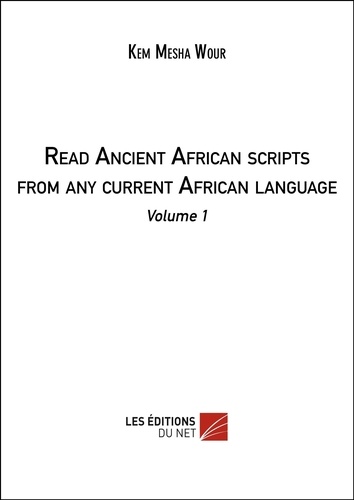
Non classé
Read Ancient African scripts from any current African language. Volume 1
05/2020

Non classé
German-Irish Corporate Relationships
02/2004
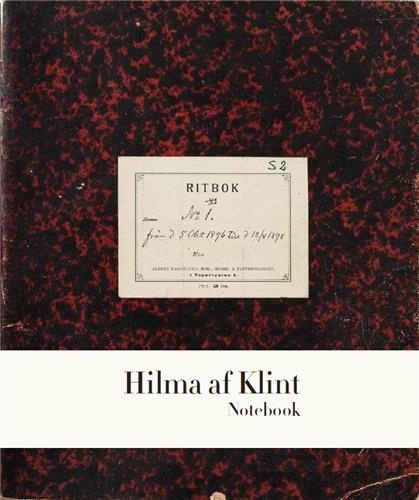
Monographies
Hilma af Klint. The Five Notebook 1
01/2022

Religion jeunesse
The beautiful dolls of Julia are getting married. Numéro 22
10/2018
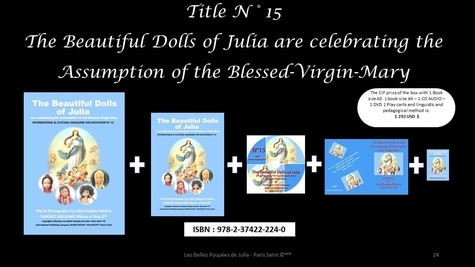
Religion jeunesse
The beautiful dolls of Julia are celebrating the assumption of the blessed virgin Mary. Numéro 15
05/2019
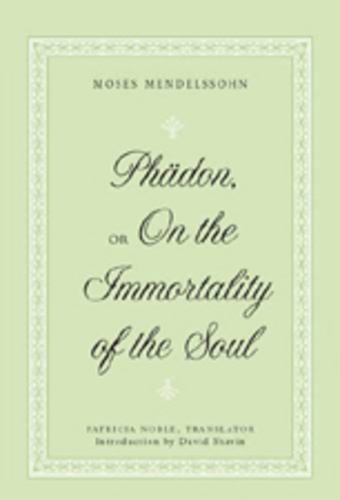
Philosophie
«Phädon», or «On the Immortality of the Soul»
12/2006
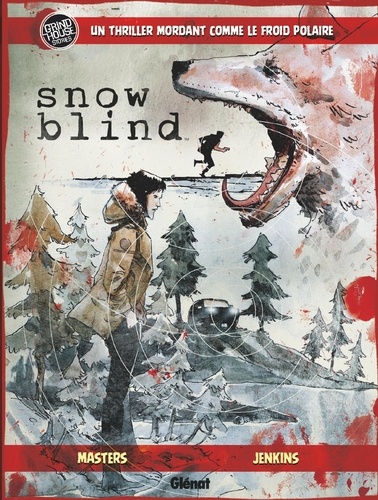
BD tout public
Snow Blind
09/2019

Policiers
Blind Date
01/2020
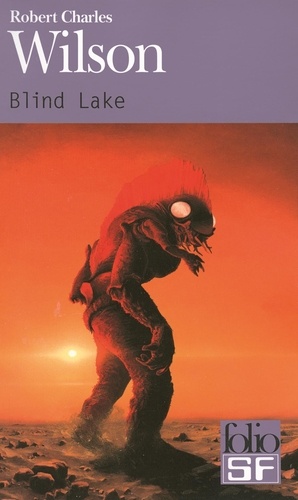
Science-fiction
Blind Lake
09/2009

Littérature érotique et sentim
Blind love
06/2017

Littérature érotique et sentim
Blind Space
10/2017
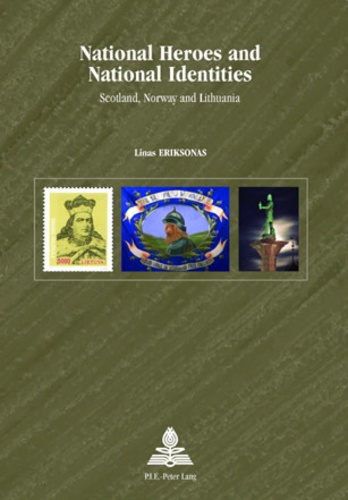
Histoire internationale
National Heroes and National Identities. Scotland, Norway and Lithuania
02/1993

Non classé
Contemporary Studies in the National Olympic Games Movement
10/1997
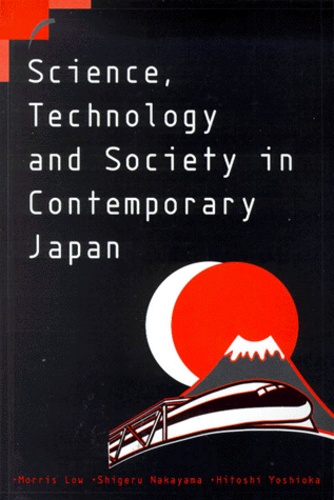
Histoire et Philosophiesophie
SCIENCE, TECHNOLOGY AND SOCIETY IN CONTEMPORARY JAPAN
01/1999
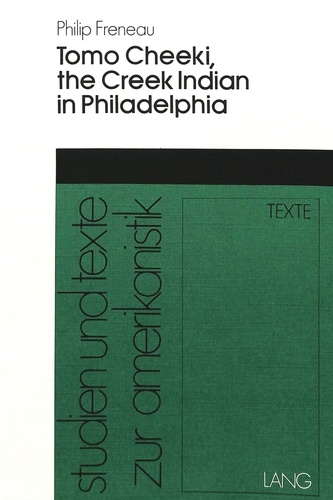
Non classé
Philip Freneau- Tomo Cheeki, the Creek Indian in Philadelphia
12/1987
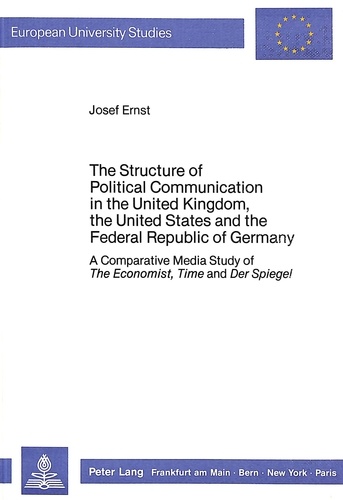
Sciences politiques
The Structure of Political Communication in the United Kingdom, the United States and the Federal Republic of Germany
11/1987
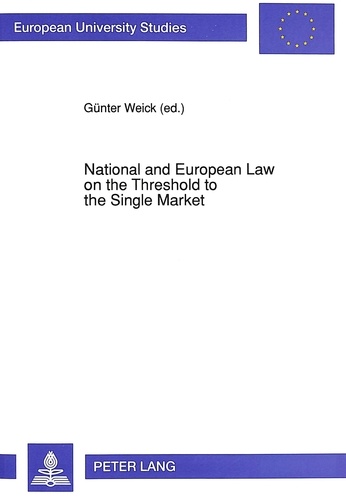
Sociologie
National and European Law on the Threshold to the Single Market
03/1993
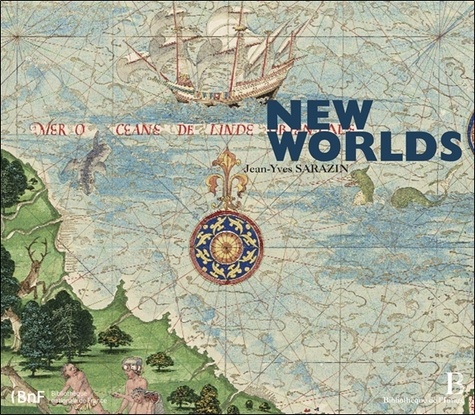
Beaux arts
New worlds
10/2012
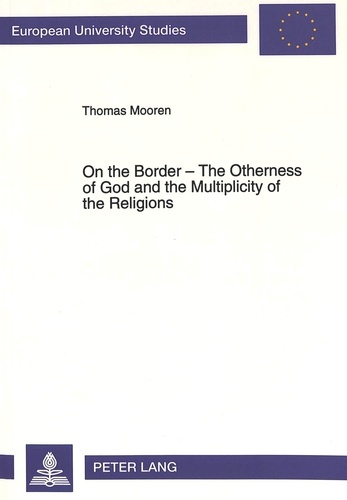
Histoire internationale
On the Border - The Otherness of God and the Multiplicity of the Religions
01/1994
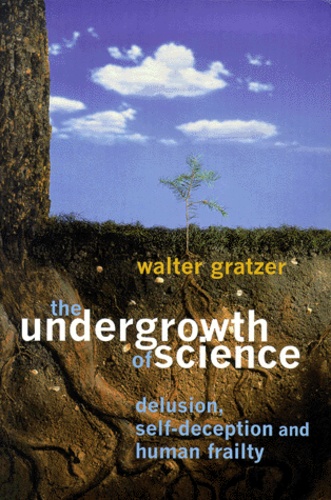
Histoire et Philosophiesophie
The Undergrowth of Science. Delusion, self-deception and human frailty
01/2000
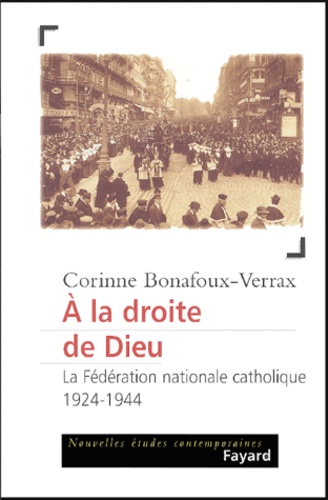
Histoire de France
A la droite de Dieu. La Fédération nationale catholique (1924-1944)
09/2004
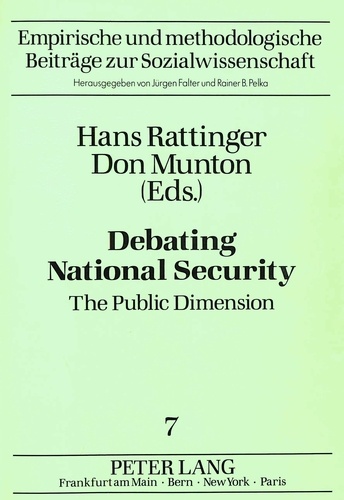
Non classé
Debating National Security
04/1991

